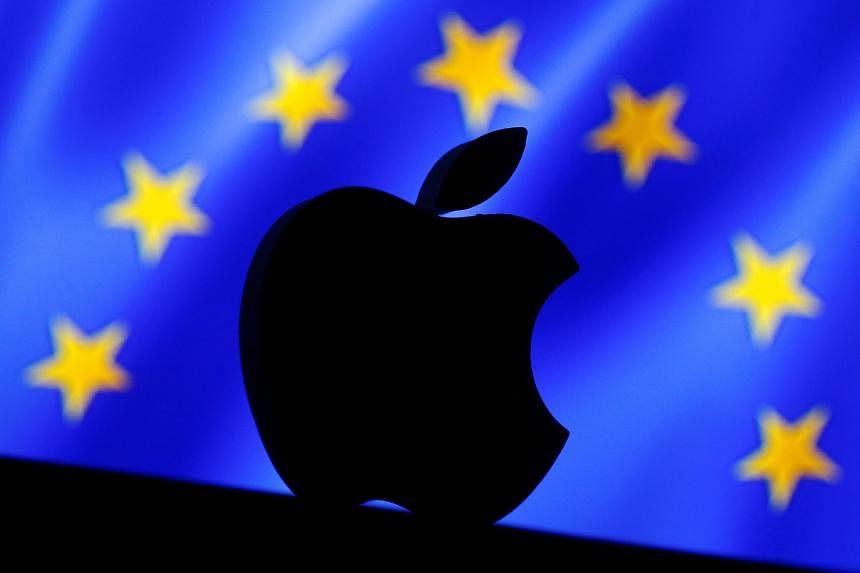BRUSSELS – Apple said on March 12 its users in the European Union will be able to download apps directly from websites, bypassing app marketplaces, as it yields to a sweeping new law and pressure from developers.
As part of the overhaul, Apple will also let developers offer discounts to users away from the App Store, and permit third-party marketplaces to offer their own developed apps.
The overhaul is Apple’s latest in a round of tweaks linked to compliance with the EU’s Digital Markets Act (DMA), which went into force in March.
The law targets the dominance of platforms such as Alphabet’s Google Search, Apple’s App Store, Amazon.com’s marketplace and Meta Platforms’ Facebook in an attempt to improve competition.
For Apple, that means opening up its closed ecosystem where the App Store has dominated as mainstay of the iPhone since 2008 – with an initial raft of announcements in January, including allowing rival marketplaces for the first time.
Apple announced the latest changes for developers to meet the DMA requirements after an avalanche of criticism from big and small digital firms, as well as EU officials who have warned they are ready to deploy all their tools to ensure compliance.
The first significant step is allowing developers to offer apps on Apple’s iOS operating system directly to users via their own websites.
This effectively would mean users will not need to use Apple’s App Store, nor would they need to download an application via an alternative marketplace.
The change will come after a software update “later this spring”, Apple said, but it may not be easy to put into practice.
Only developers that Apple has authorised “after meeting specific criteria and committing to ongoing requirements that help protect users” will be able to do so.
Apple also said individual developers will be able to create alternative stores to highlight their own apps – such as a stable of online games for instance.
Under pressure, the iPhone maker said it wanted to make it easier for developers to exploit the changes resulting from the DMA after getting feedback.
Apple has been one of the DMA’s most vocal critics. Even in its compliance report to the EU last week, it hit out at the law over the dangers it said it posed.
But Brussels believes it has shown Apple that it means business.
When Apple got caught up in a tussle with Epic Games last week after blocking the Fortnite-maker from developing a competing European app store for iPhones, the EU said it would probe any legal breaches. Apple reversed course two days later.
The company was also hit with a €1.8 billion (S$2.6 billion) fine in the EU in March for shutting out music streaming rivals from offering cheaper deals. Apple is appealing against the penalty and has said regulators failed to uncover any “credible evidence of consumer harm”.
Apple made other moves to bring the App Store into compliance in the EU in 2024, including restructuring the fee it charges developers.
The company scrapped its 30 per cent commission for a cheaper rate of 17 per cent. Instead, it implemented a 3 per cent processing charge for apps that use Apple’s in-app purchasing system and a 50 US cent fee per app install for software that is downloaded more than a million times in a 12-month period.
The EU’s competition commissioner Margrethe Vestager told Bloomberg last week that “the DMA is quite specific, also when it comes to having a fee structure that actually enables people to use these new benefits”.
Apple, along with Meta and TikTok, is fighting its designation as a “gatekeeper” in the EU courts.
TikTok owner ByteDance in February lost a court bid to suspend the EU’s decision while the appeal is pending, forcing the video-sharing platform to comply with the new regulation. AFP, BLOOMBERG

